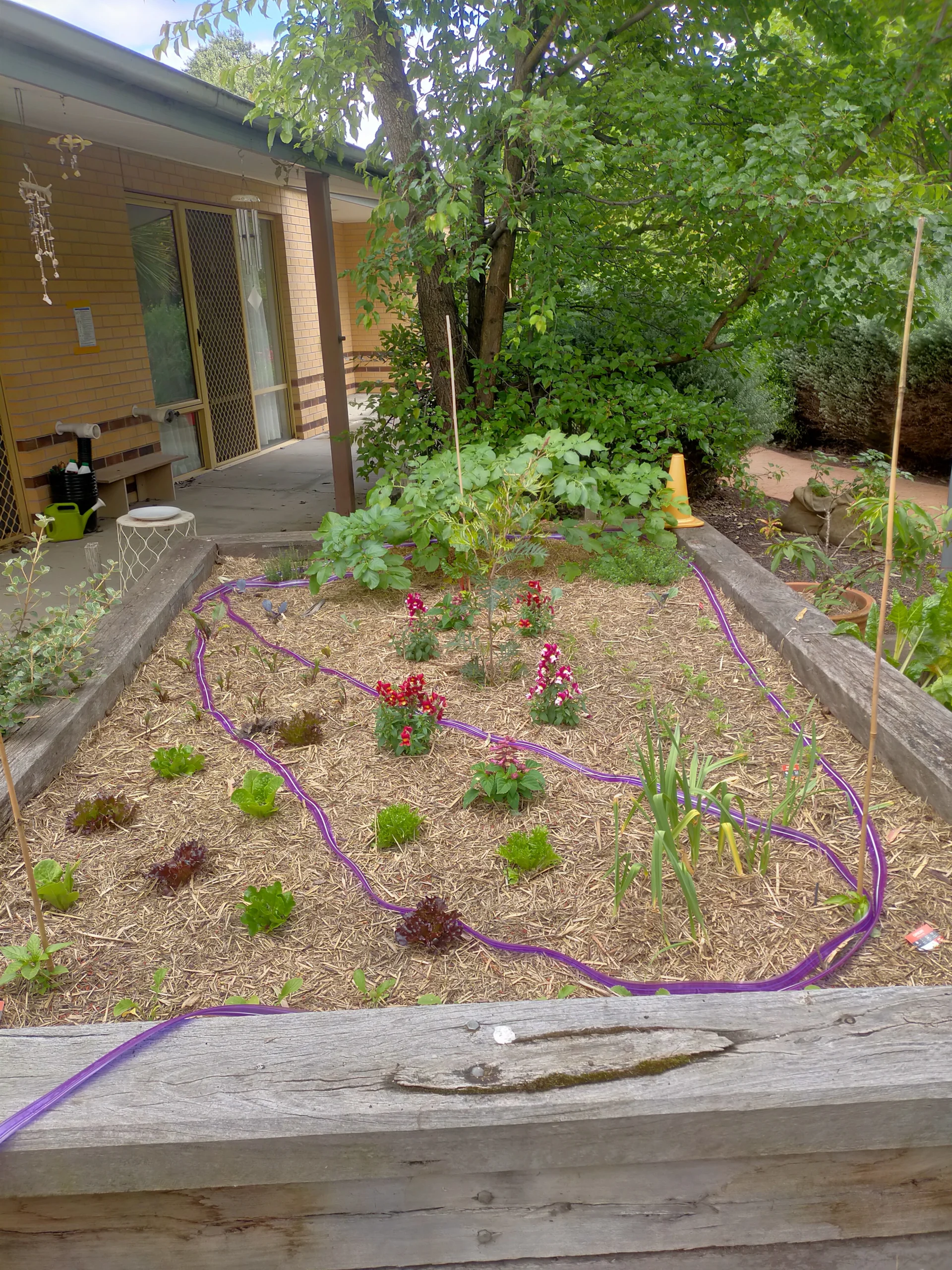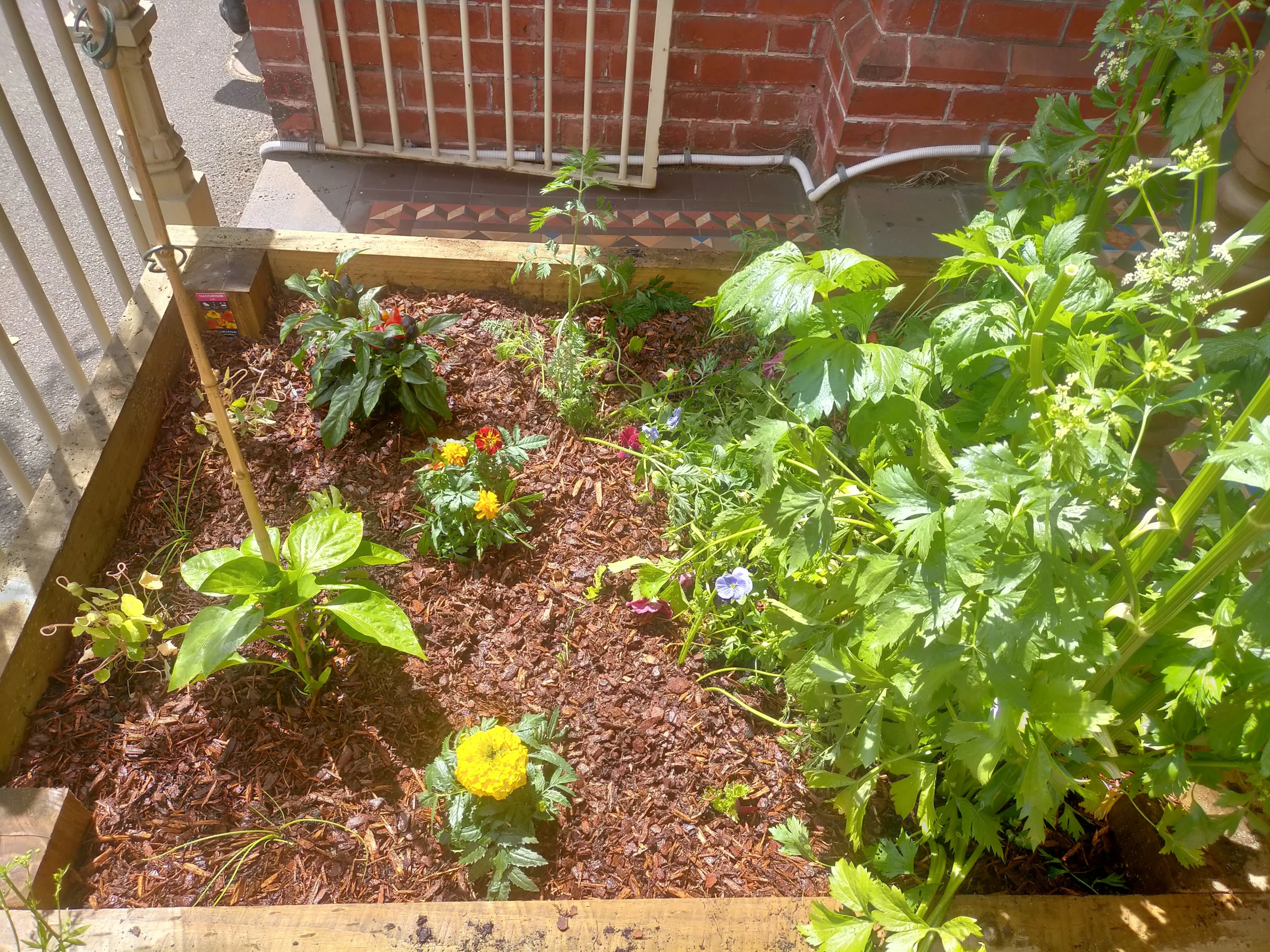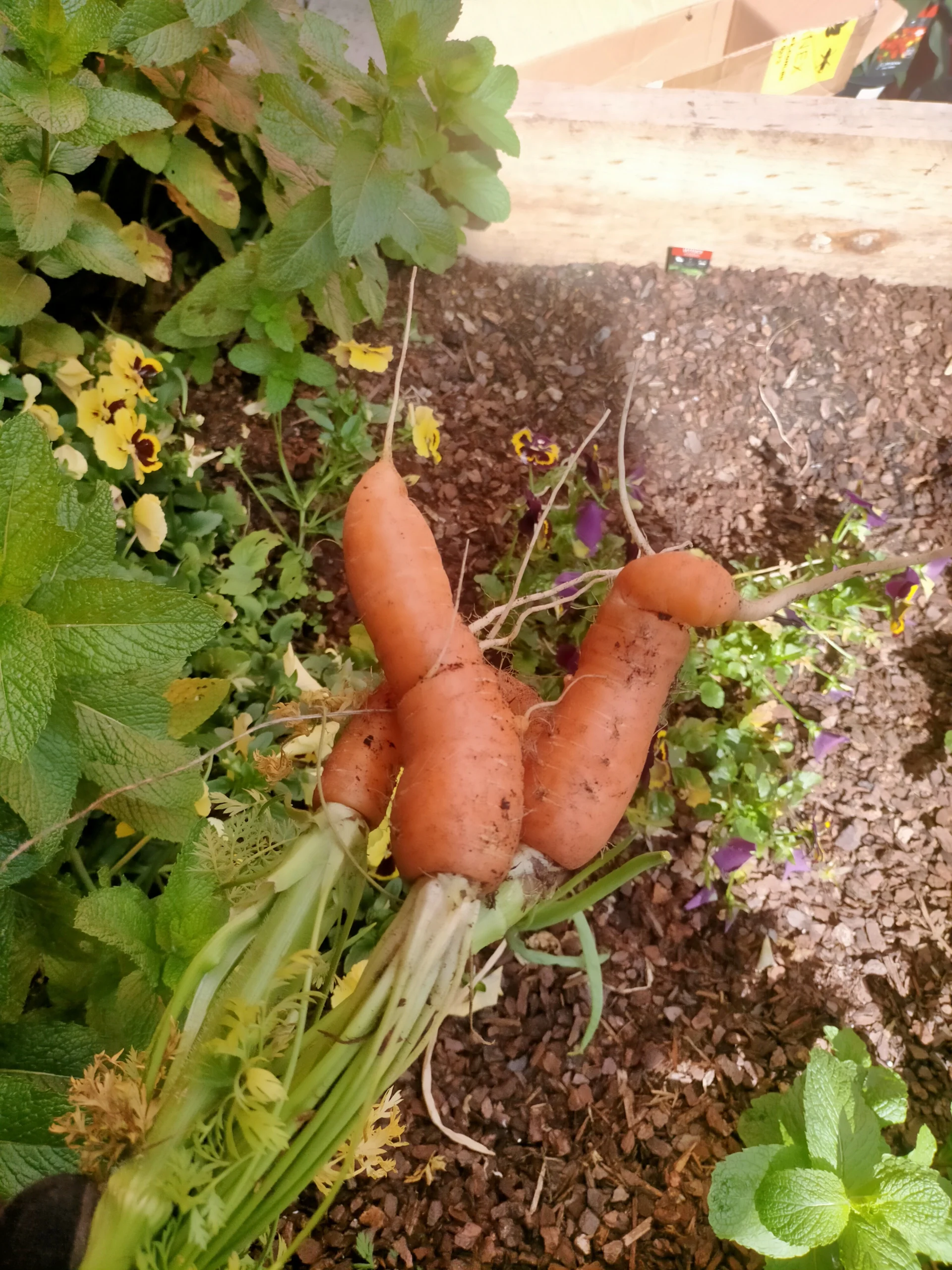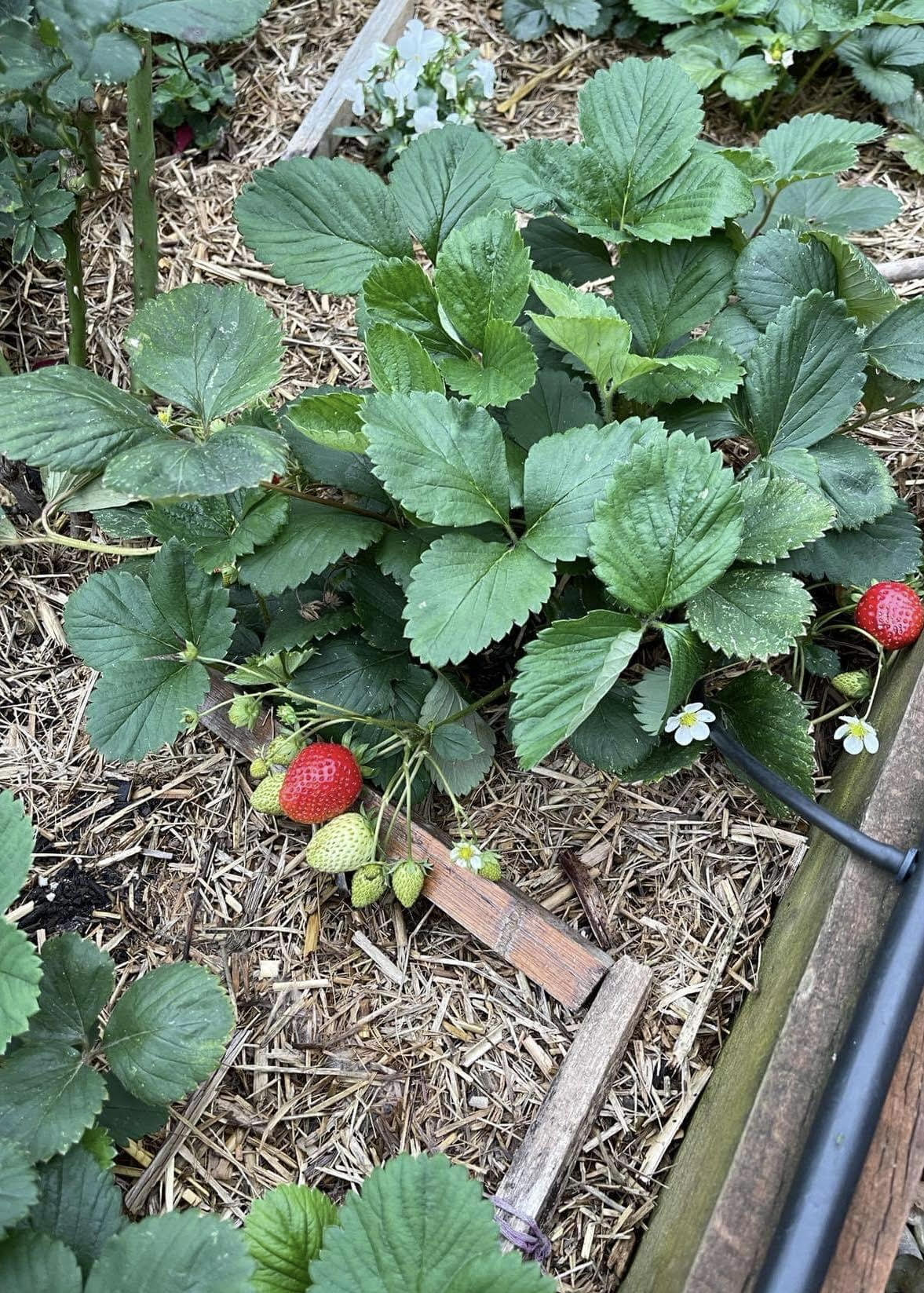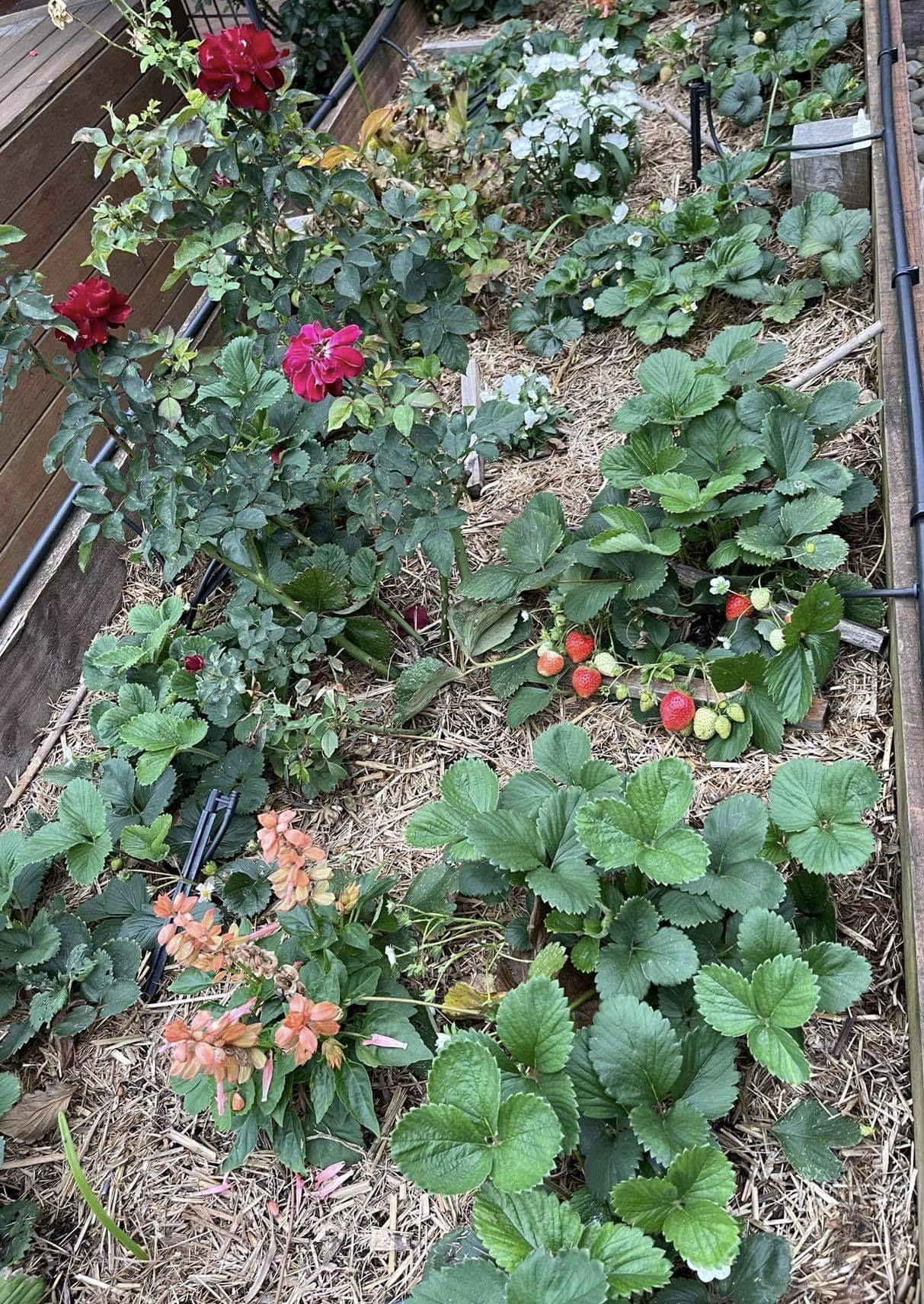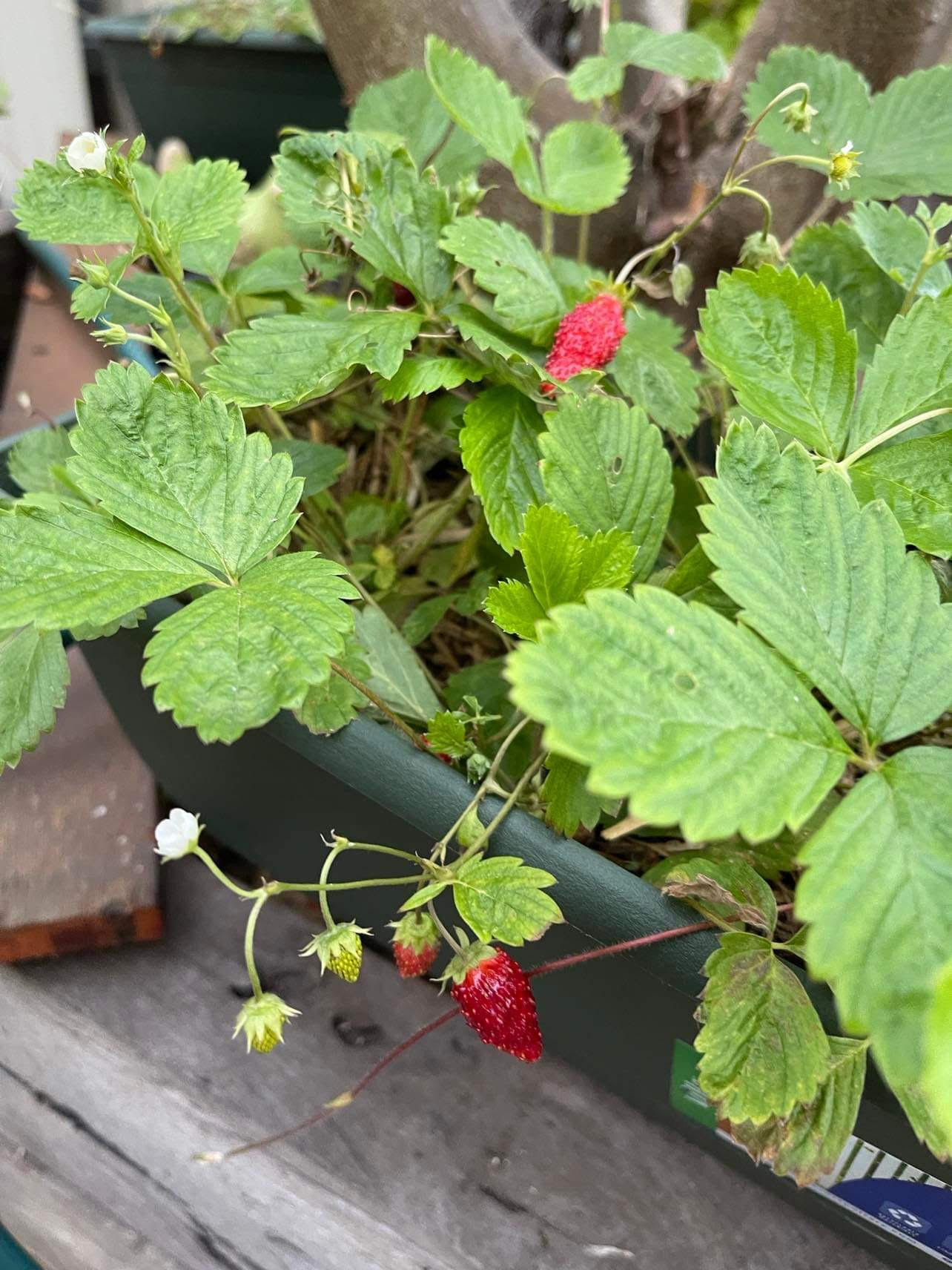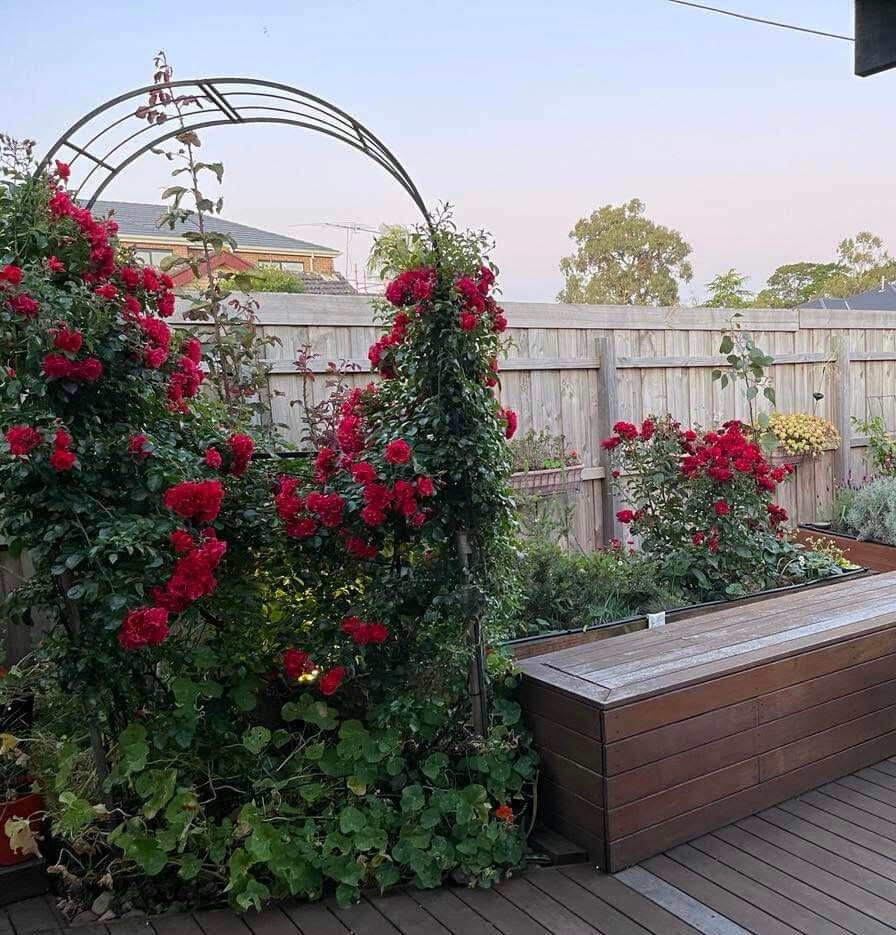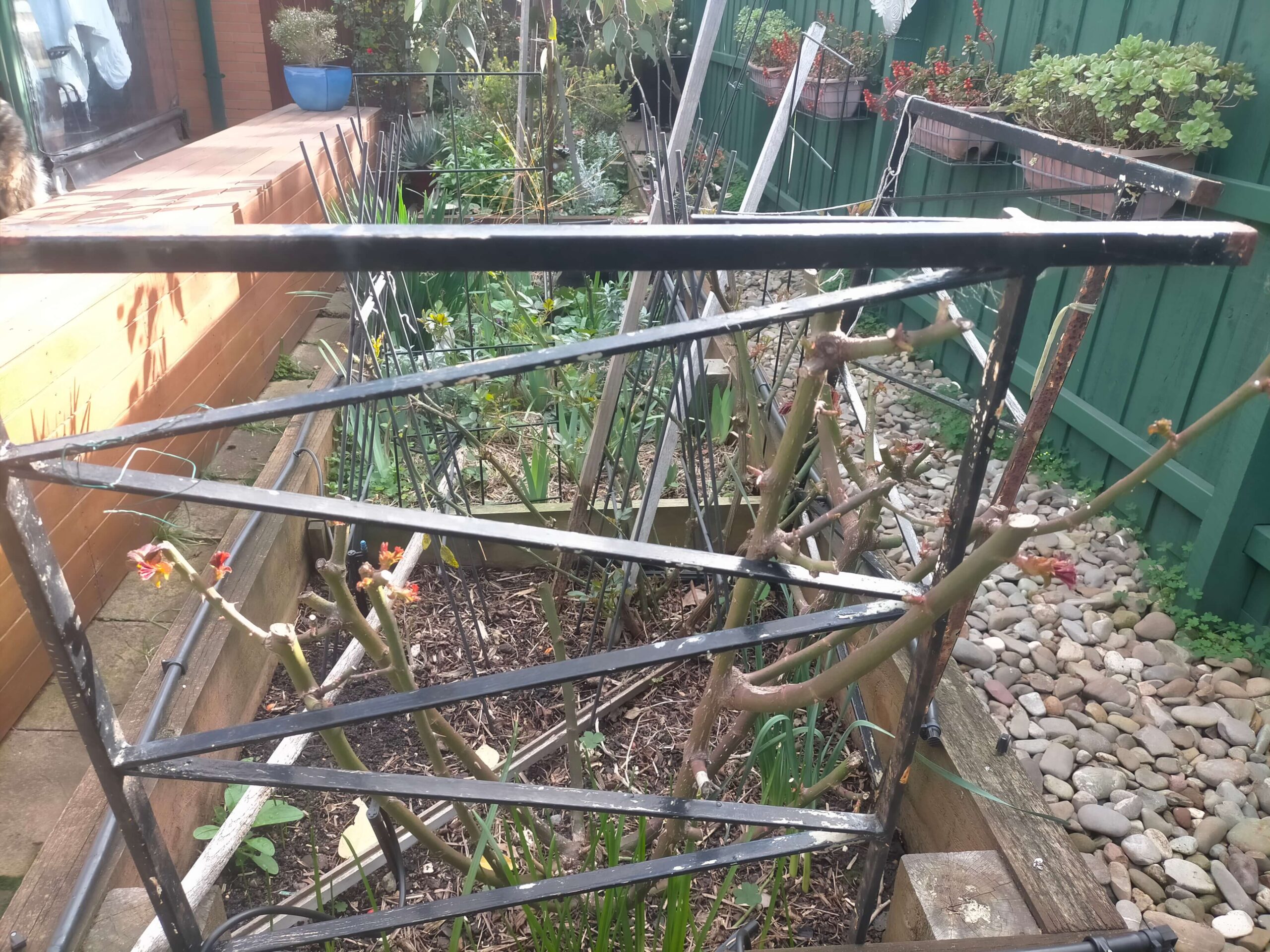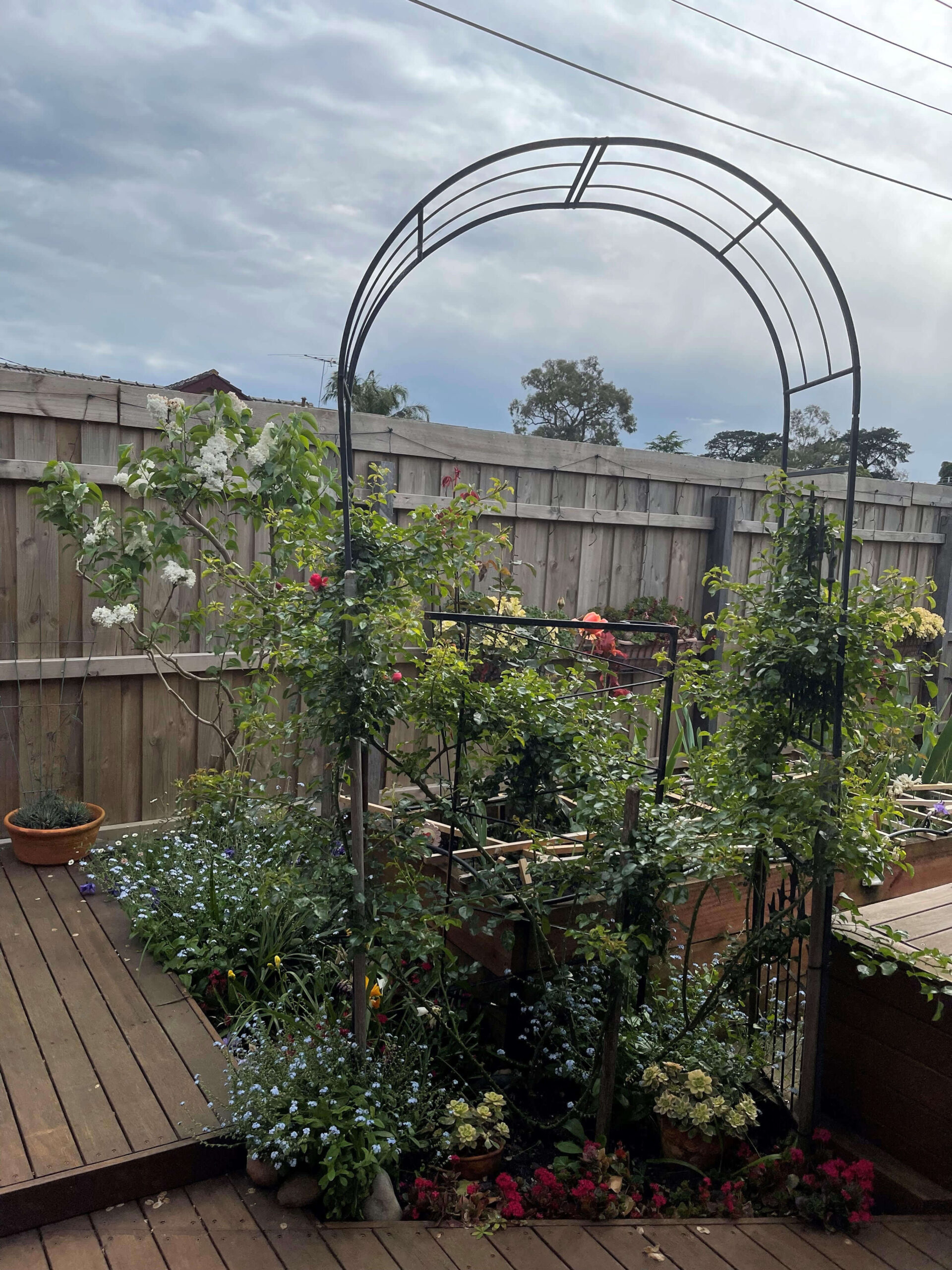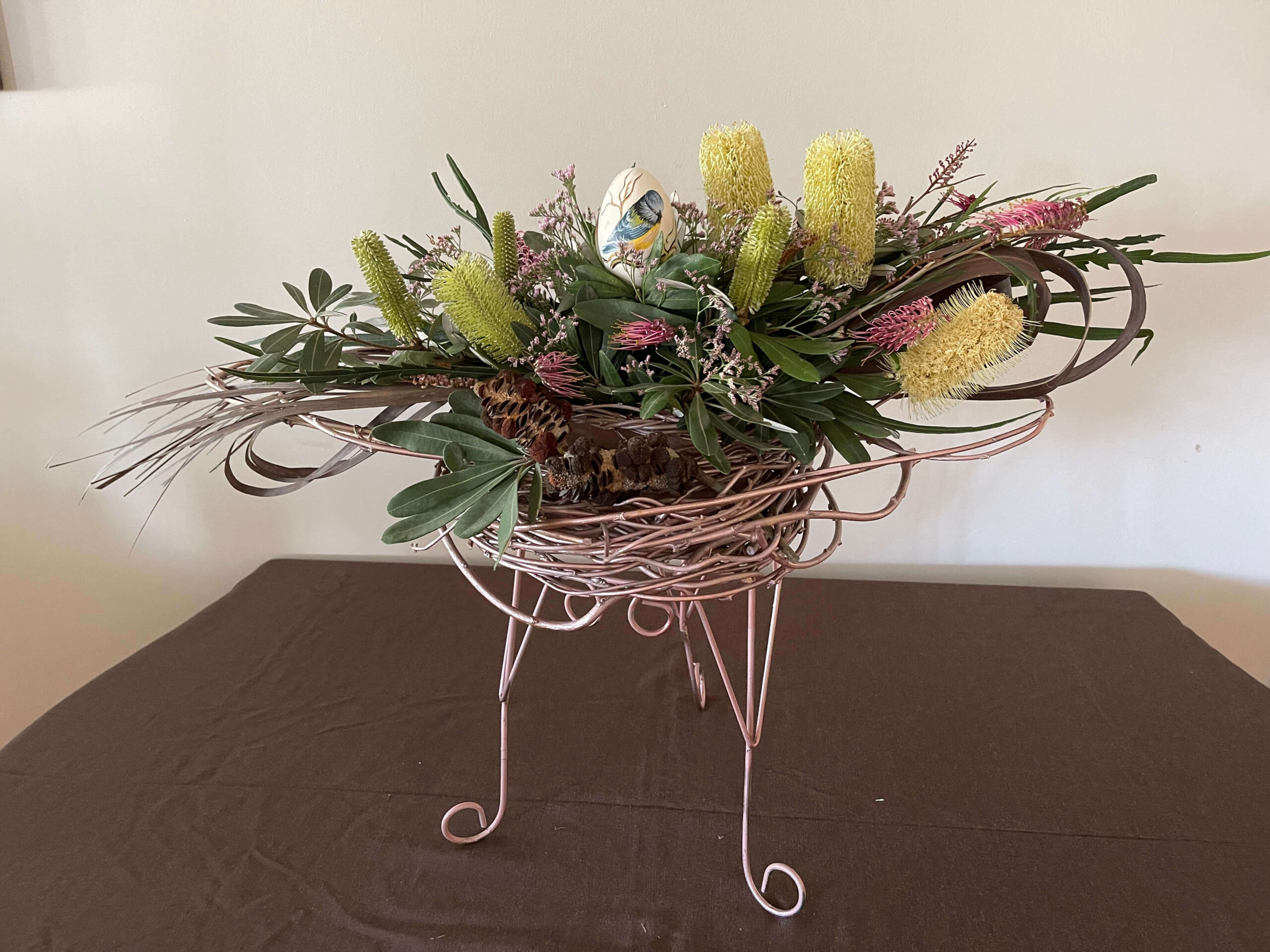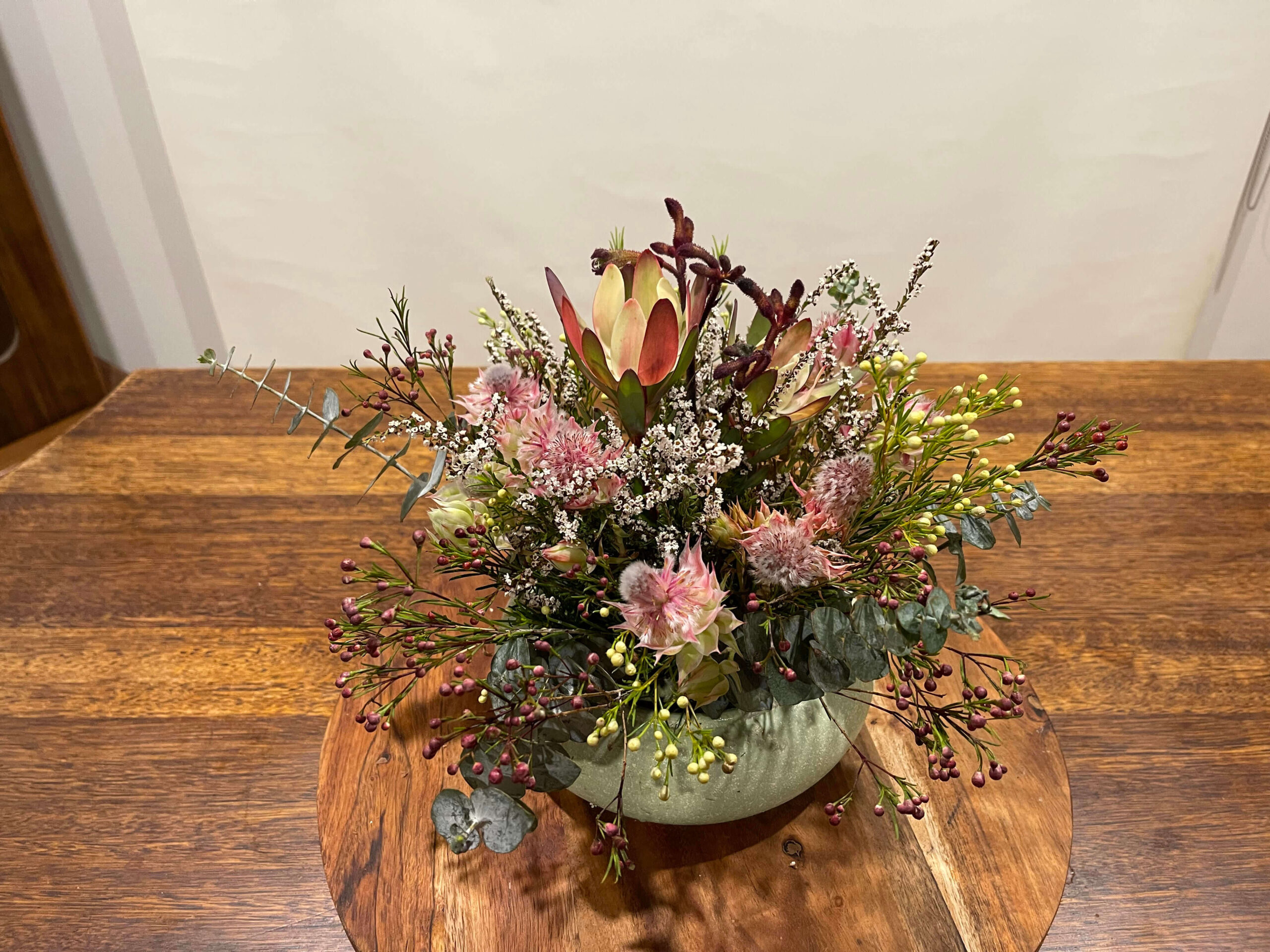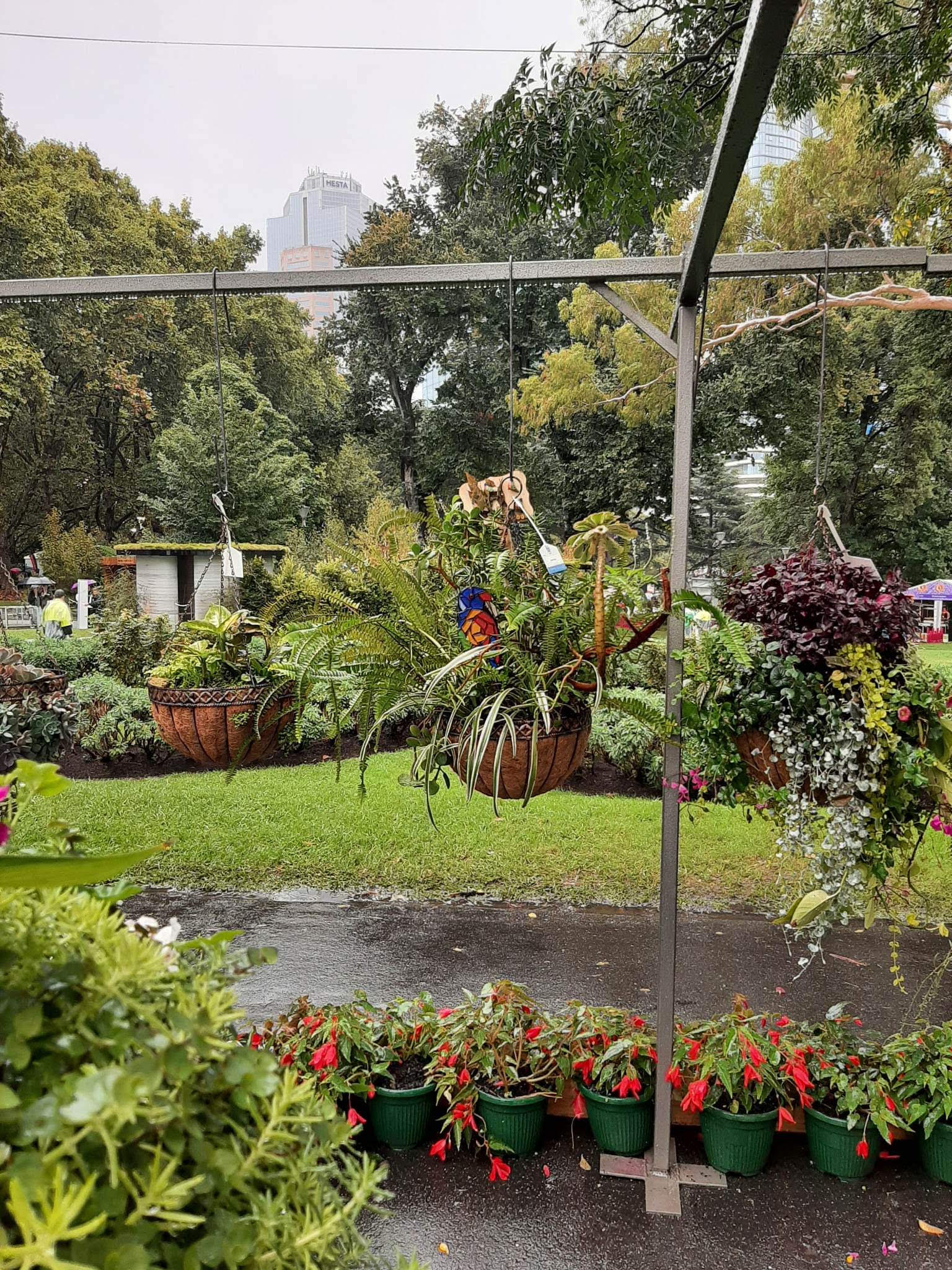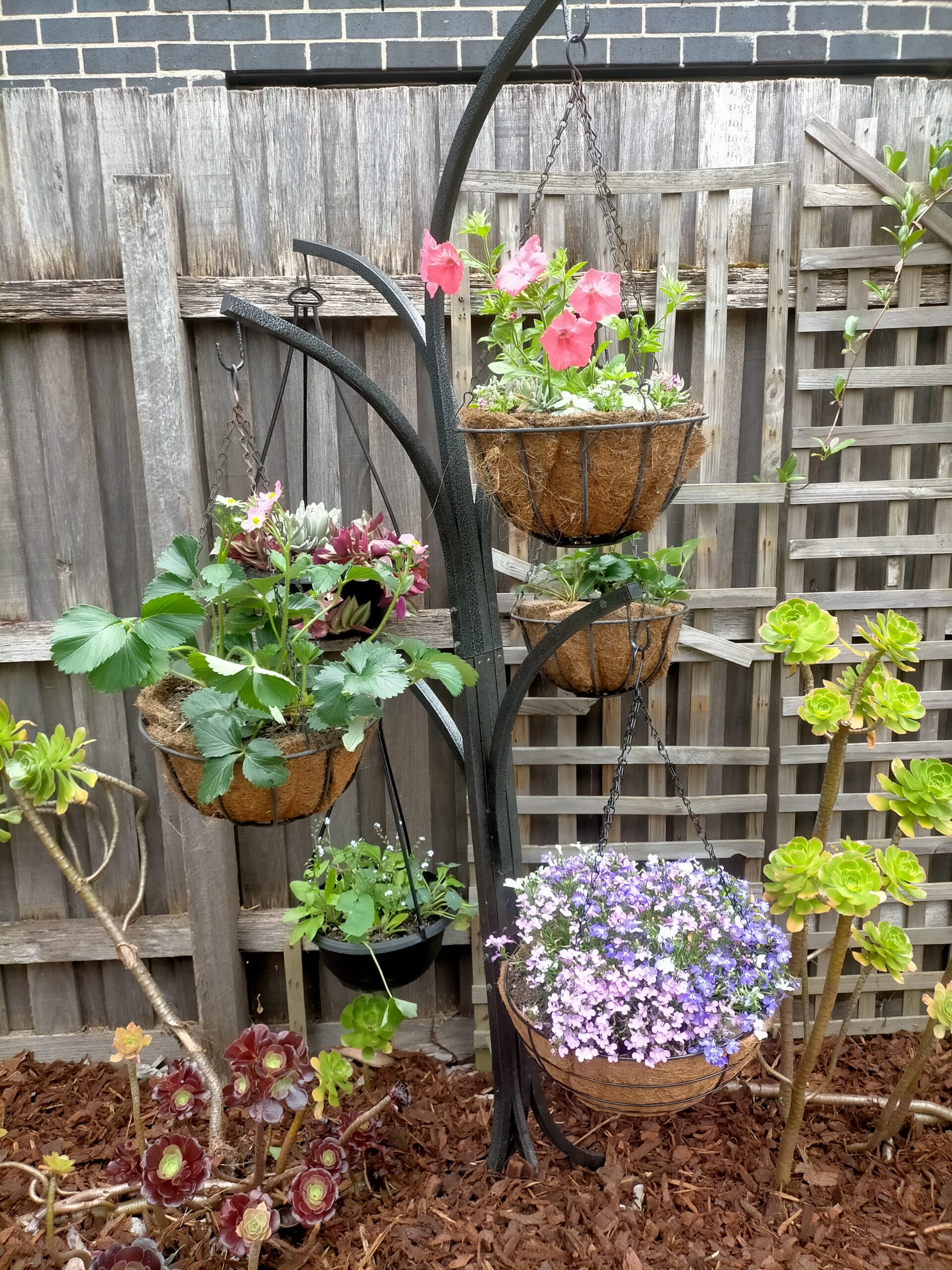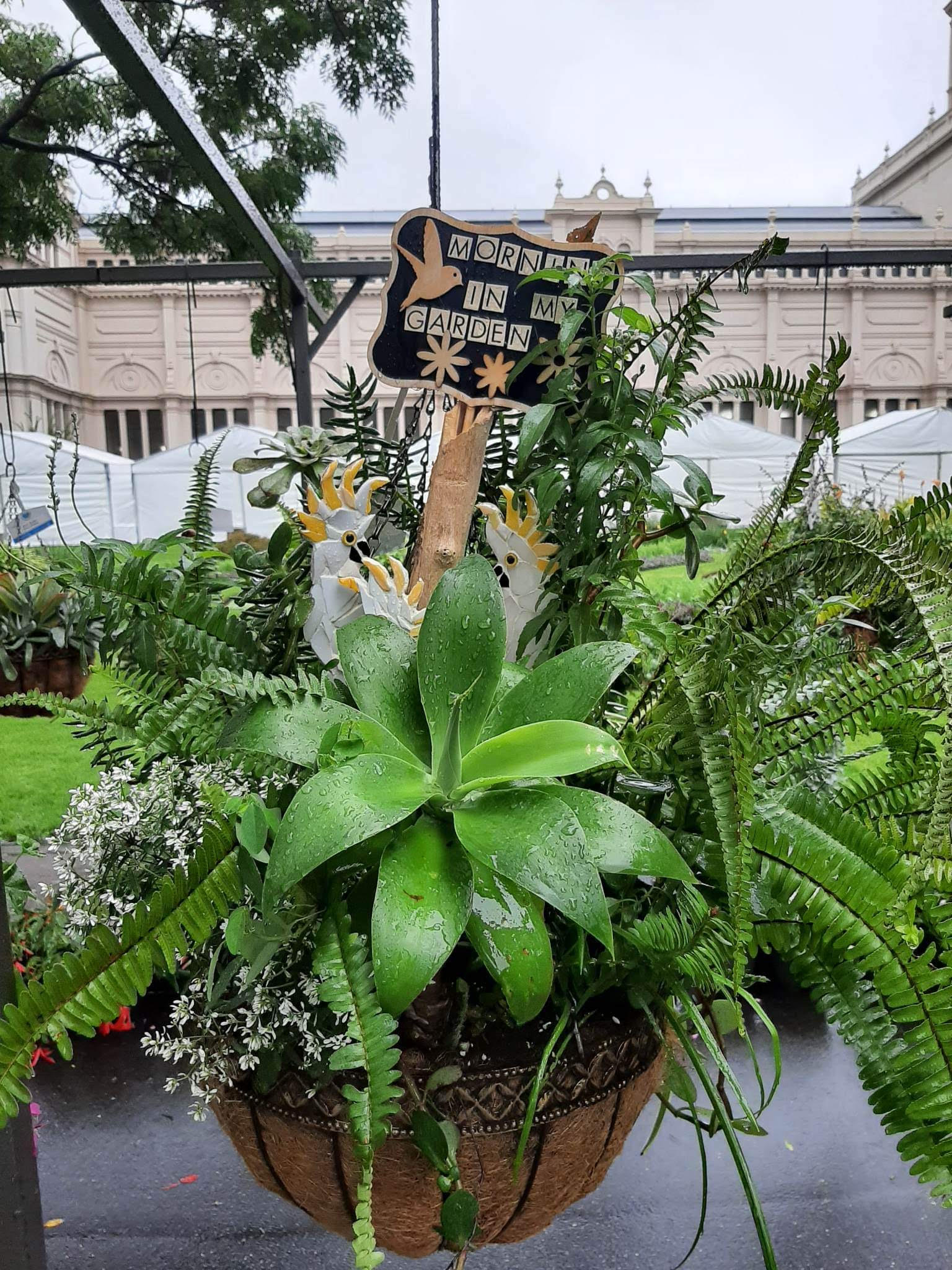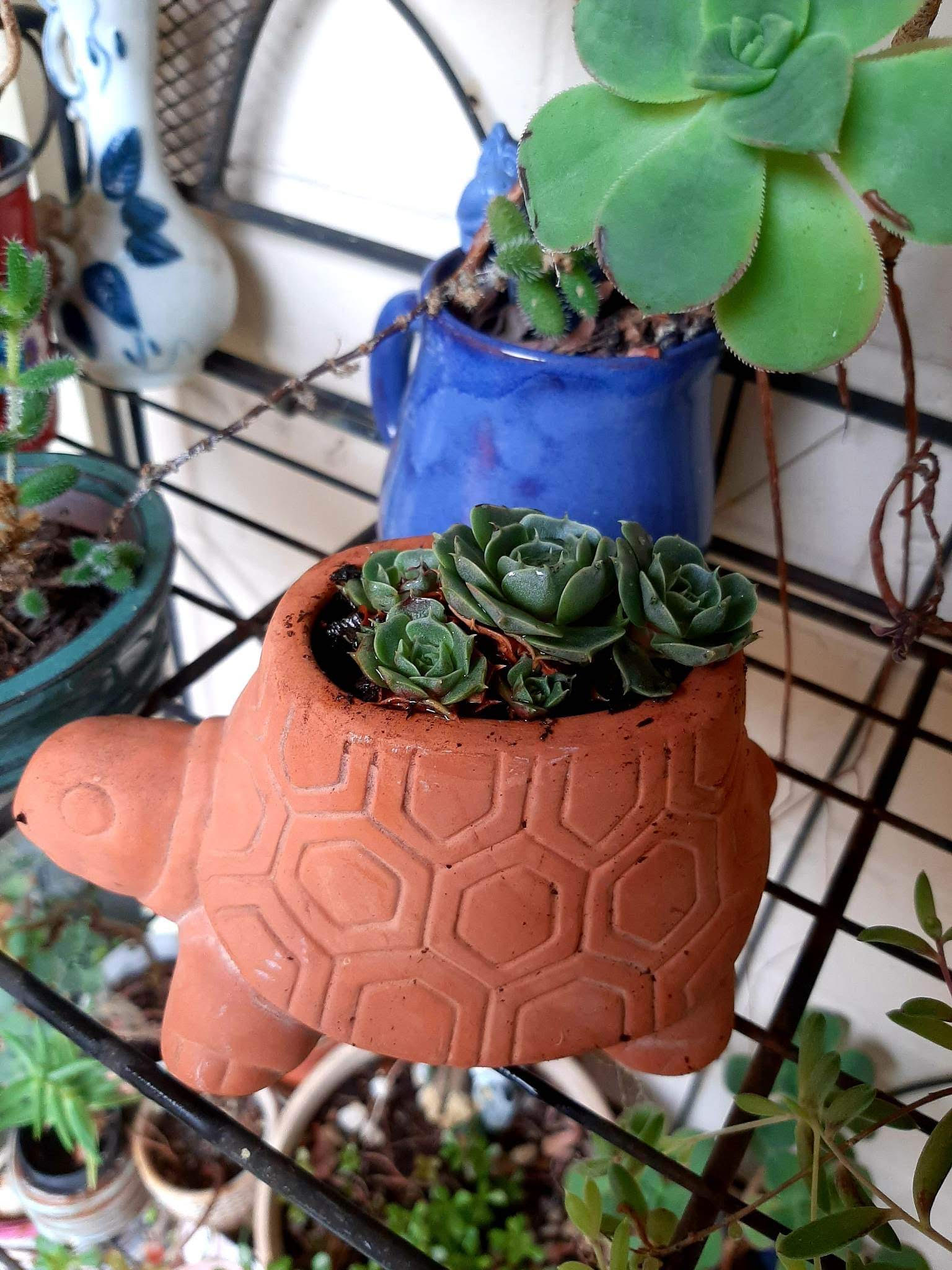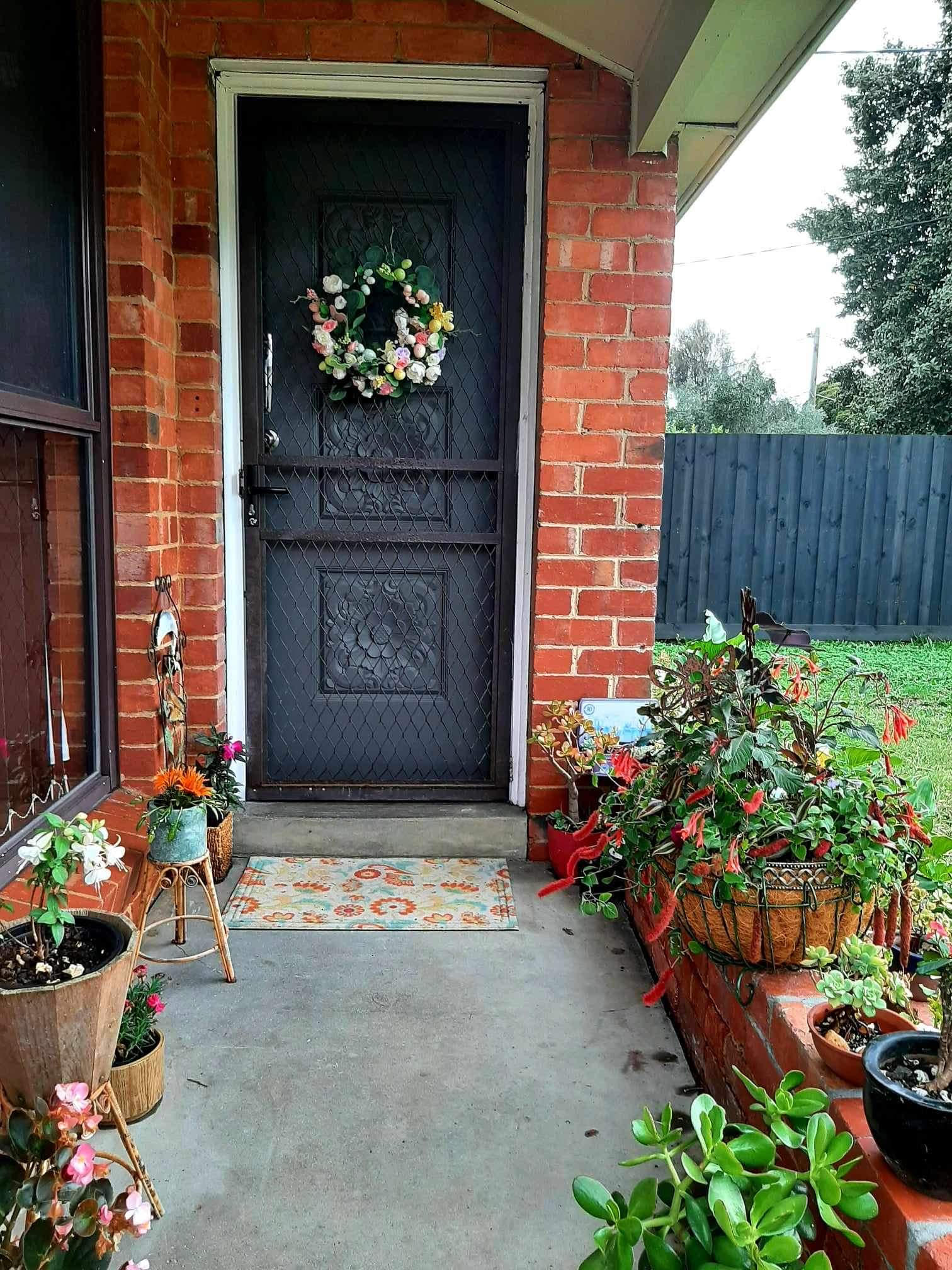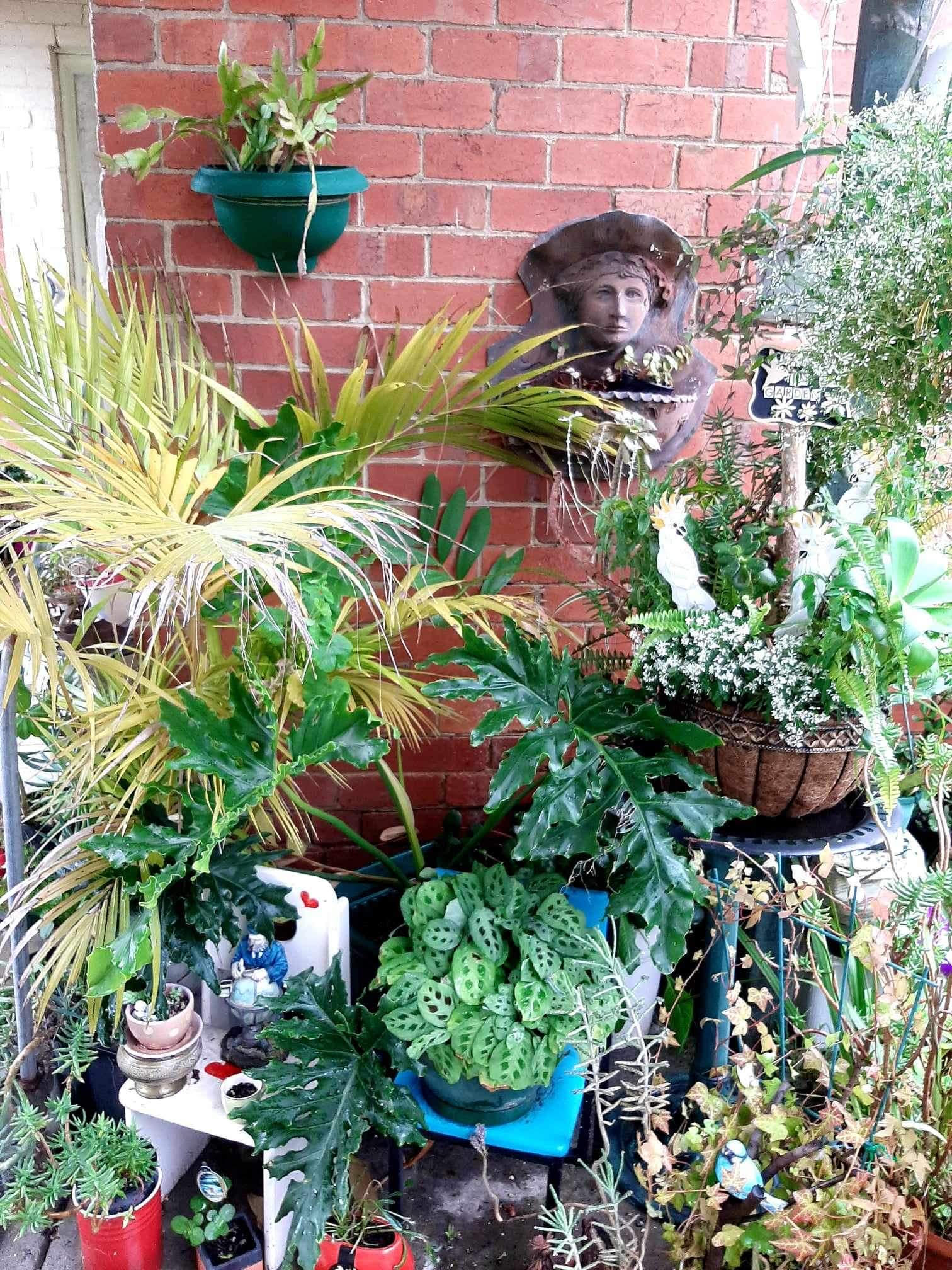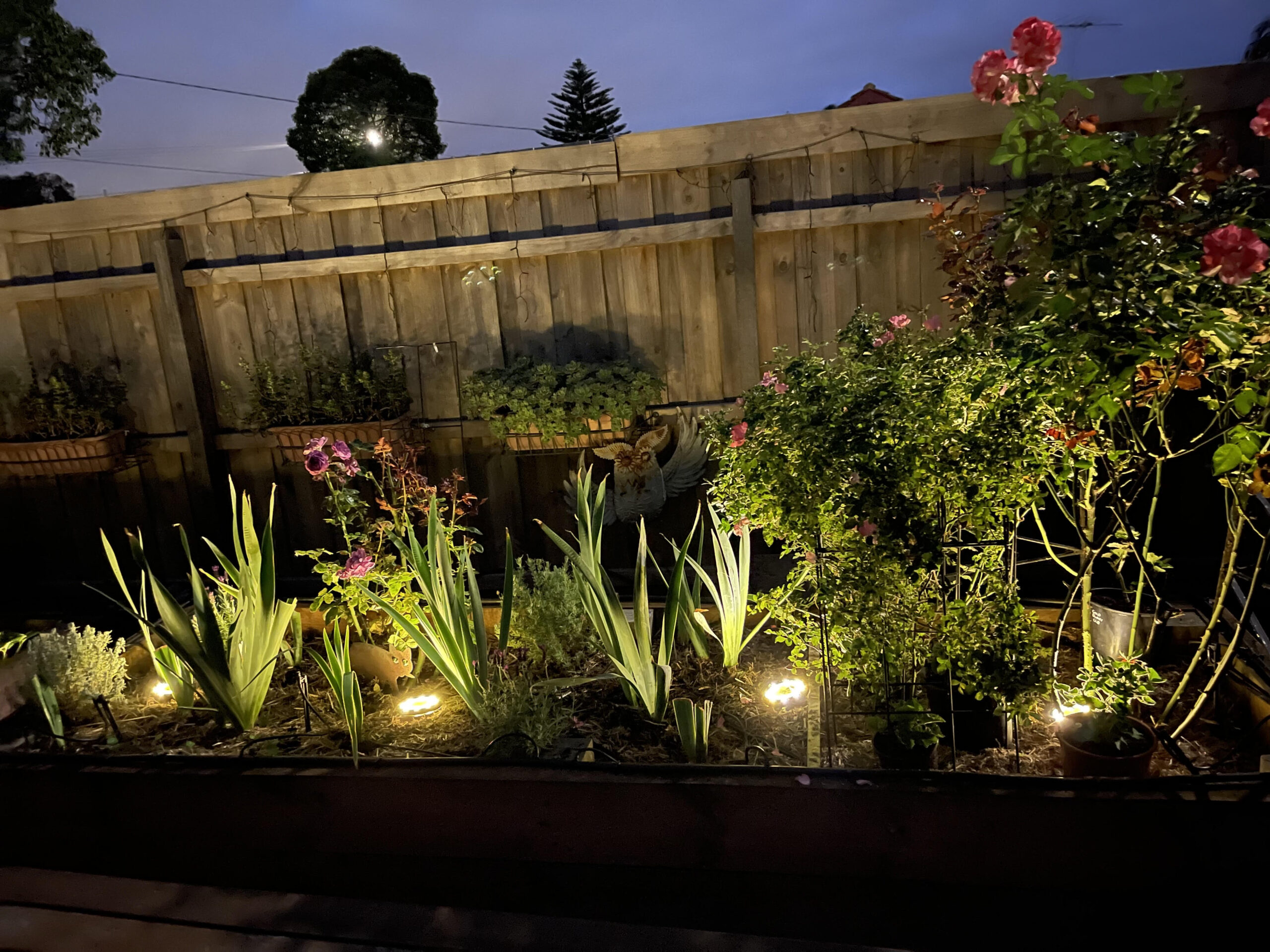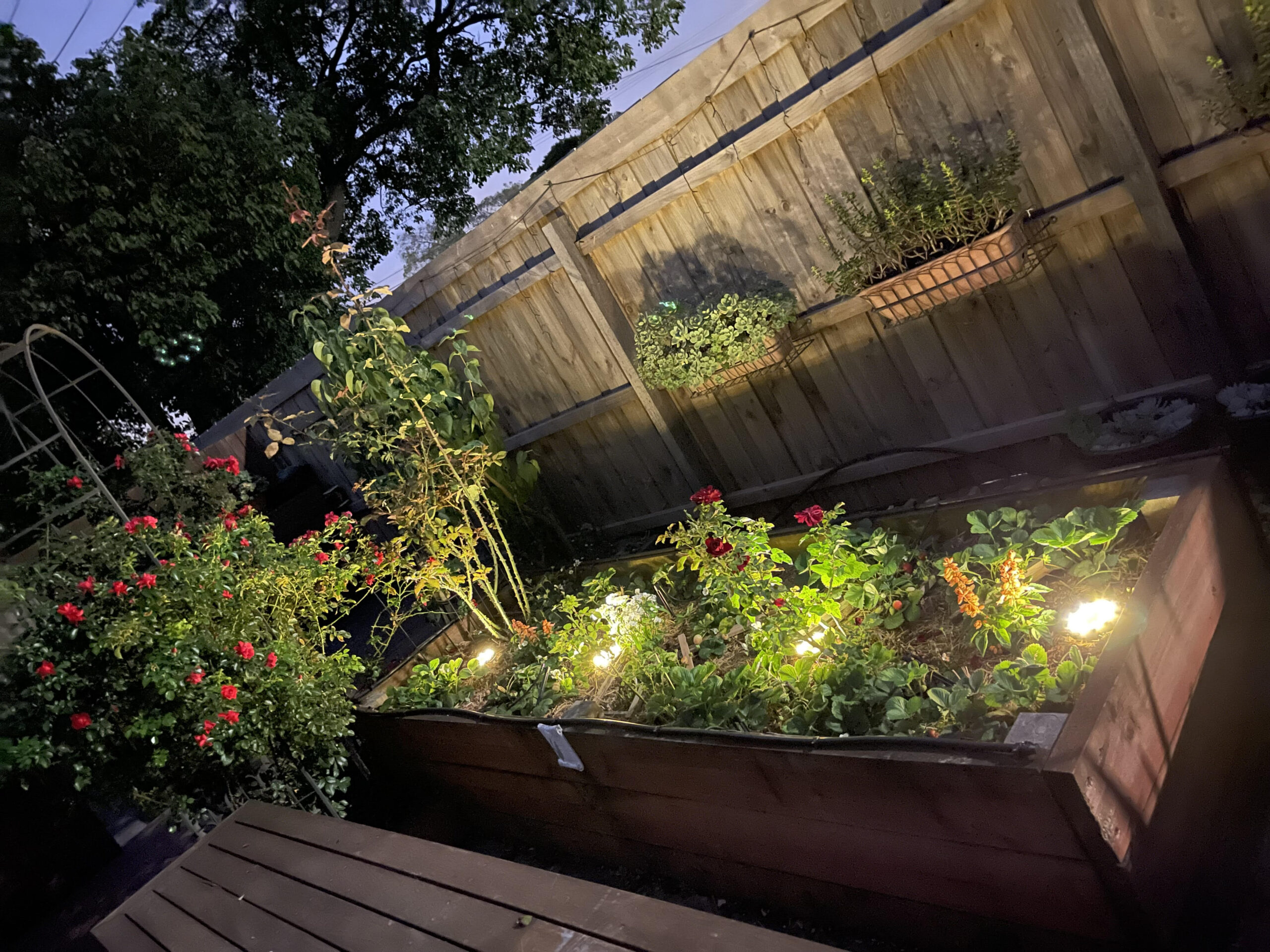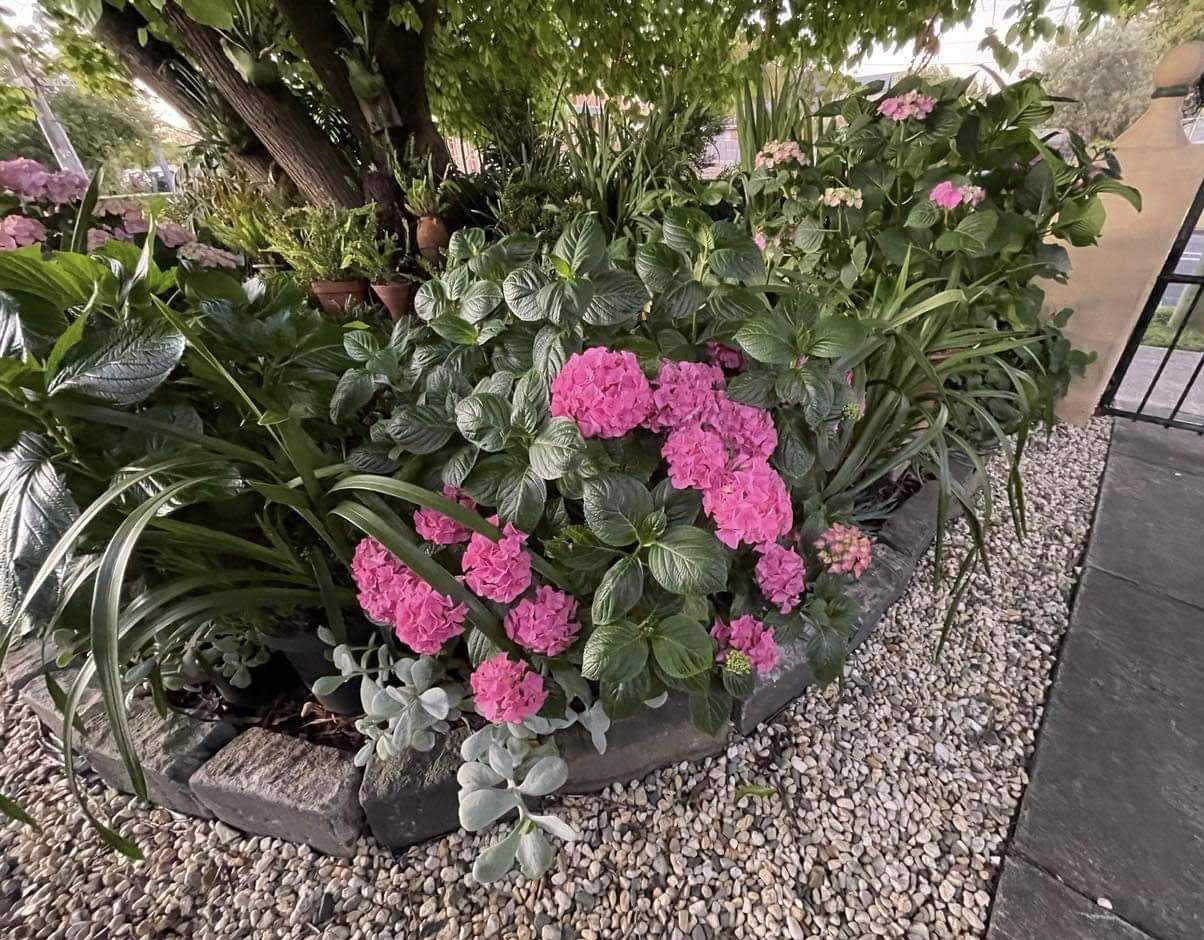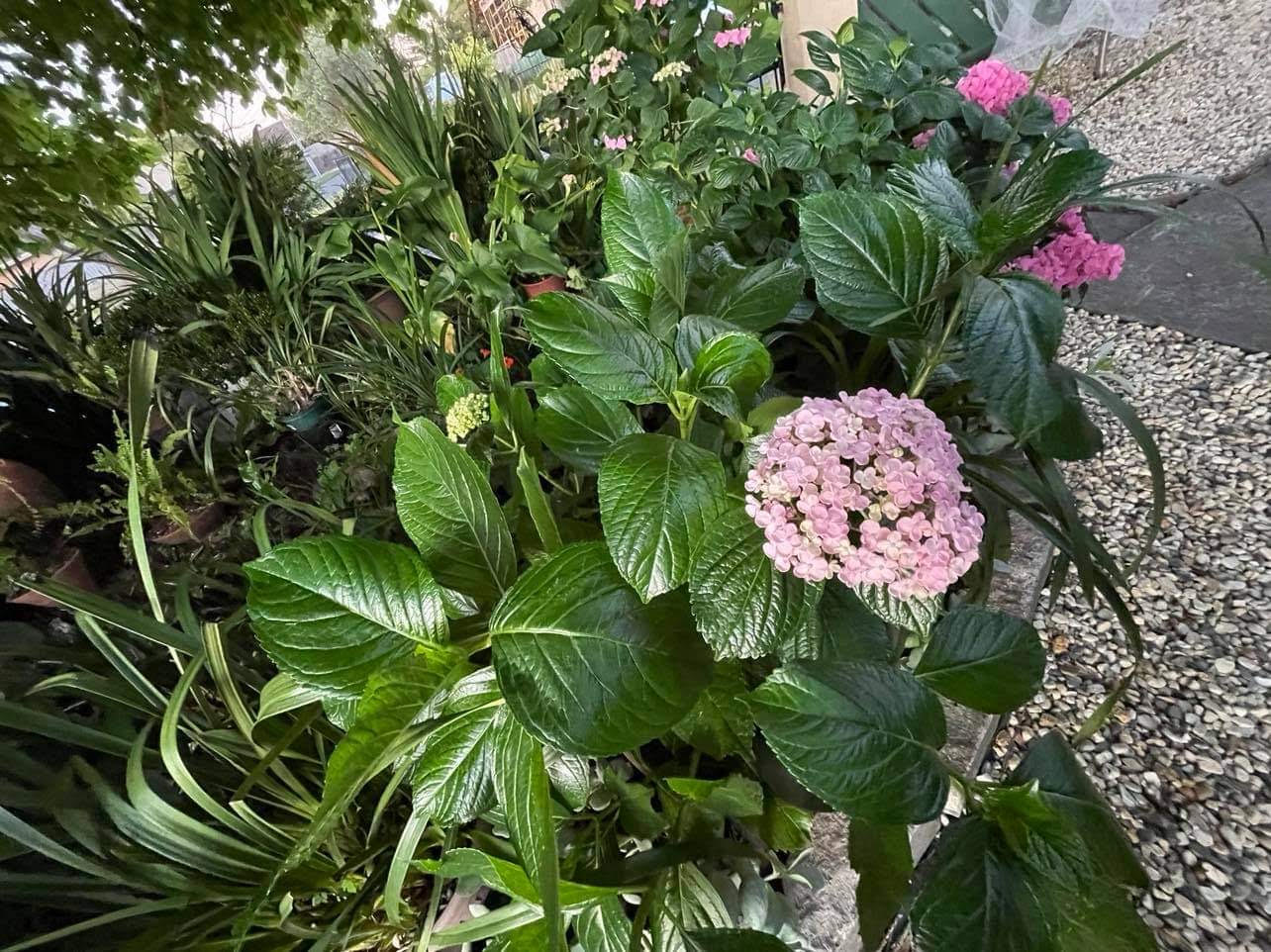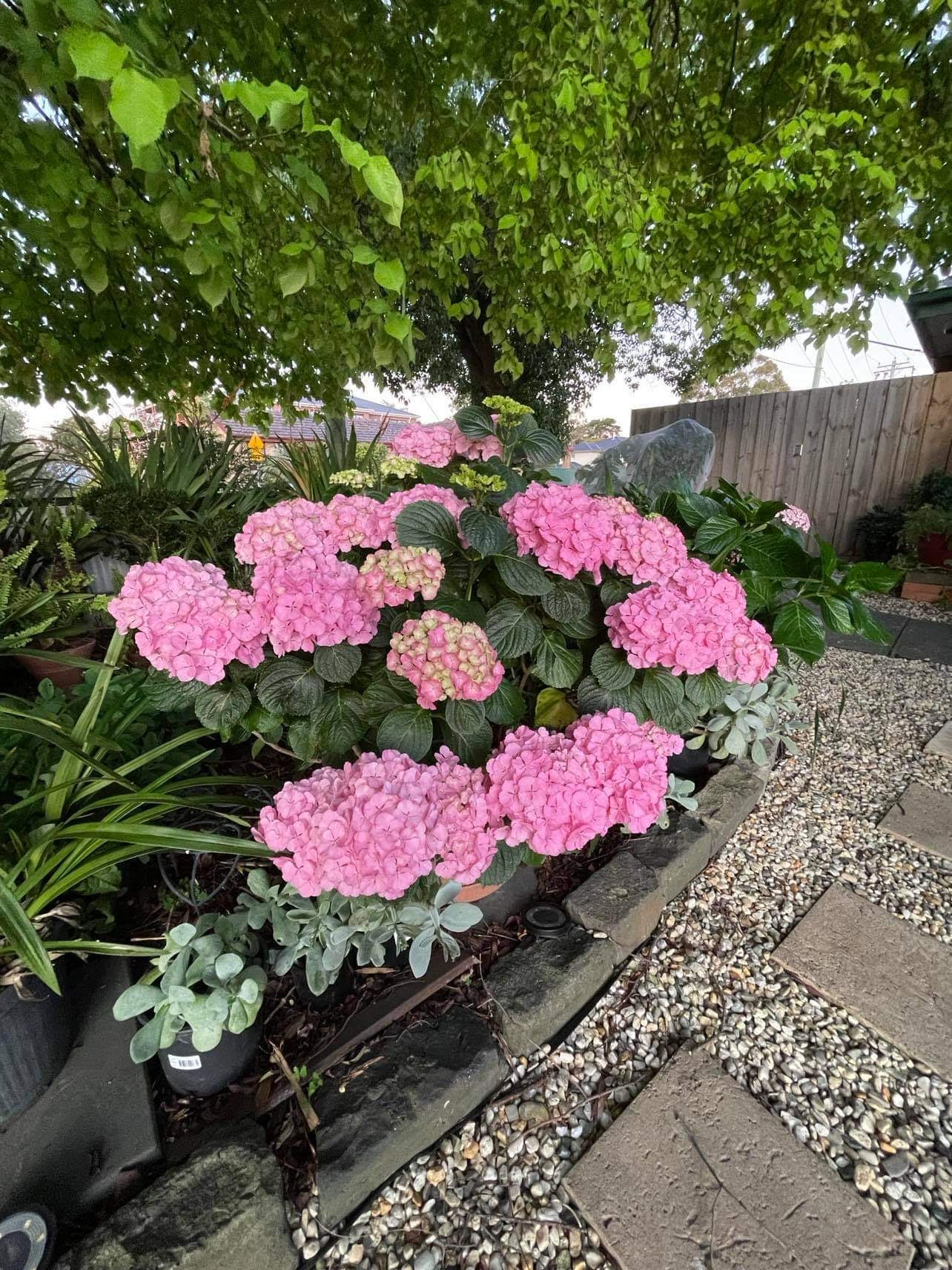Therapeutic Gardening
We help you embrace nature, reconnect, and heal with therapeutic gardening
Harnessing horticulture for health, happiness, and healing
Therapeutic gardening with My Inclusion provides more than just a hobby. It’s a gentle, rewarding way to develop fine motor skills, improve concentration, and build stamina. Plus, it fosters a priceless sense of independence and control.

A Helping Hand for Every Need
Whether you’re an older adult seeking active engagement, an individual with physical disabilities looking to improve motor skills, a person facing mental health issues, a child with special needs learning new skills, or in recovery from trauma, our therapeutic gardening is adaptable and beneficial for all.
How Different Groups Benefit from Therapeutic Gardening
- Physical Activity: Engaging in gardening activities can provide a form of low-impact exercise, promoting overall physical health and mobility.
- Cognitive Stimulation: The processes involved in gardening, like planning, decision-making, and problem-solving, can keep the mind active and engaged, possibly slowing cognitive decline.
- Sensory Engagement: Gardens offer a rich sensory environment that can be particularly beneficial for those with dementia, providing stimuli for memory recall and relaxation.
- Social Interaction: Community gardens or group gardening activities can offer opportunities for socializing, reducing feelings of loneliness or isolation.
- Fine Motor Skill Development: Gardening involves tasks that require control and dexterity, such as planting seeds or pruning, which can help improve fine motor skills.
- Strength and Endurance: Regular gardening activities can help improve physical strength and endurance, as well as balance and coordination.
- Accessibility and Autonomy: Garden design can be adapted for accessibility, allowing individuals to participate independently, enhancing self-esteem and self-confidence.
- Cognitive Stimulation: The processes involved in gardening, like planning, decision-making, and problem-solving, can keep the mind active and engaged, possibly slowing cognitive decline.
- Sensory Engagement: Gardens offer a rich sensory environment that can be particularly beneficial for those with dementia, providing stimuli for memory recall and relaxation.
- Social Interaction: Community gardens or group gardening activities can offer opportunities for socializing, reducing feelings of loneliness or isolation.
- Stress Reduction: Being in a green space and engaging with nature can reduce stress, anxiety, and depression, promoting mental wellbeing.
- Mindfulness: Gardening encourages a focus on the present moment, promoting mindfulness and grounding techniques.
- Sense of Achievement: Completing gardening tasks and seeing the results of one’s efforts can provide a sense of accomplishment and boost self-esteem.
- Skill Development: Gardening can help children learn important skills like responsibility, patience, and planning.
- Sensory Integration: Gardens offer a variety of sensory experiences, which can help children with sensory processing disorders.
- Social Skills: Group or shared gardening projects can help children improve their communication and teamwork skills.
- Therapeutic Play: Gardening can provide a fun and engaging therapeutic activity, promoting enjoyment and reducing stress or anxiety.
- Healthy Coping Mechanism: Gardening can serve as a healthy outlet for stress and negative emotions, aiding in the recovery process.
- Routine and Structure: The regular care that plants require can provide a sense of routine and structure, which can be beneficial during recovery.
- Connection with Nature: Interacting with plants and the natural world can promote feelings of tranquility and help individuals stay grounded during challenging times.
- Self-esteem and Confidence: Seeing the fruits of their labor can provide a sense of accomplishment and boost self-esteem, aiding in the process of rebuilding their lives.
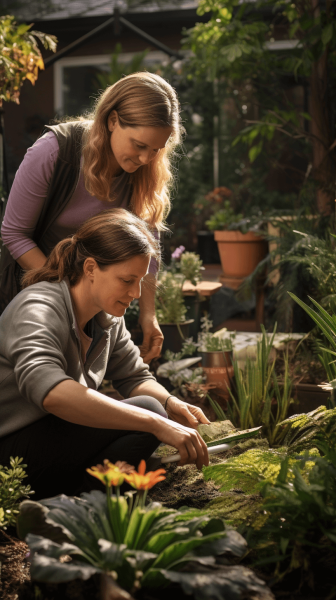
How It Works?
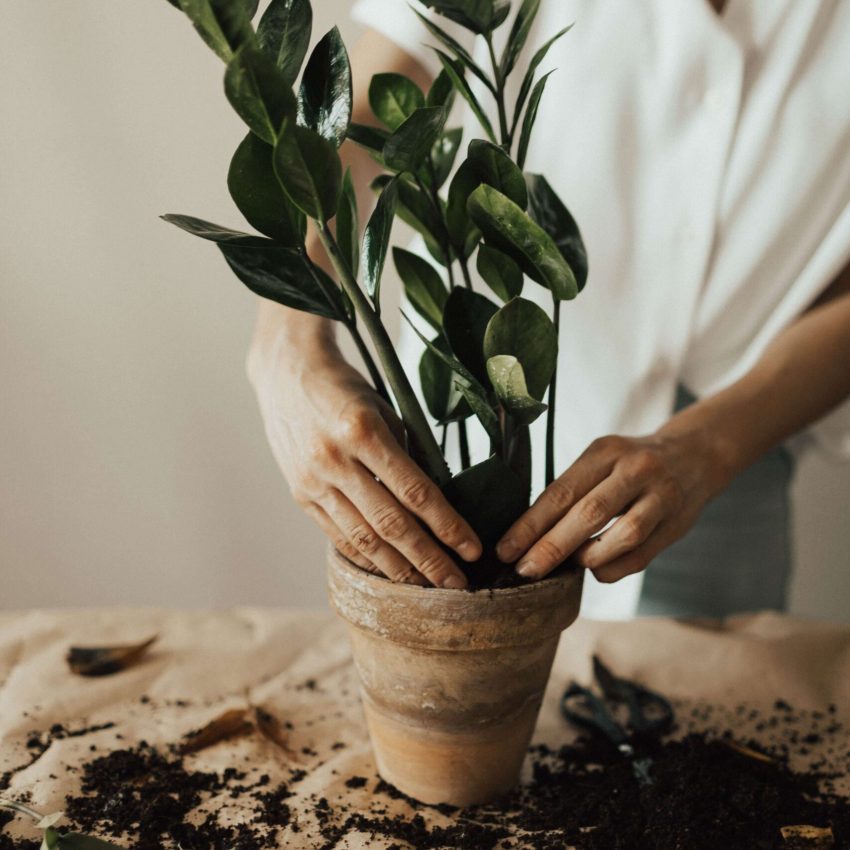
A simple, step-by-step journey to healing and empowerment
Consultation
We start by understanding your unique situation and needs.
Personalized Plan
We create a tailored therapeutic gardening plan for you.
Implementation
You'll engage in gardening activities that nurture both body and soul.

